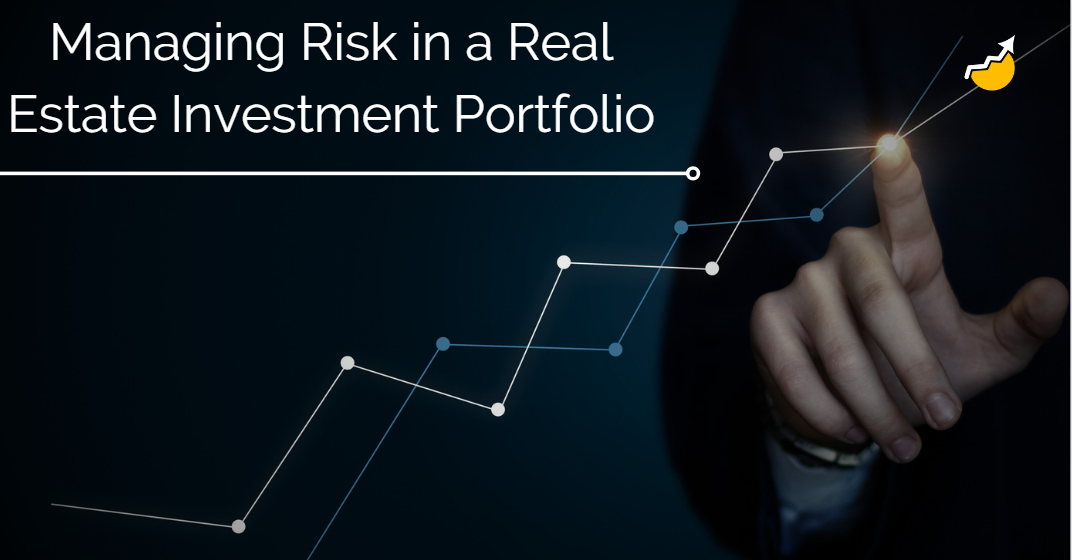Real estate investing can provide excellent returns, but also comes with risk. A diversified portfolio is key for managing risk and maximizing rewards. Here are some tips for real estate investors to mitigate risk across their holdings.
Conduct Thorough Due Diligence
Before purchasing a property, do your homework. Work with professionals to thoroughly evaluate the financials, local market, condition of the property, tenants, and legal/tax implications. Identify any red flags or potential issues upfront to make an informed buying decision. Don't let emotions or excitement lead to a bad investment.
Diversify Across Locations and Property Types
Don't put all your eggs in one basket. Specialization is great but there is also an argument to build a balanced portfolio with a mix of property types (residential, commercial, industrial, retail, etc.) across multiple metro areas. This protects you in case certain local markets underperform. Diversity insulates you from downturns impacting specific sectors.
Manage Cash Reserves
Having ample liquid reserves allows you to cover emergency expenses and upgrades to maintain your properties. Cash also gives you flexibility to capitalize on new opportunities. Experts recommend having at least 6 months of mortgage/expense payments in reserves for each property. Don't overleverage yourself and risk foreclosure if rents dip.
Screen Tenants Thoroughly
Finding responsible tenants who pay on time limits risk. Run credit/background checks, verify income and employment, collect security deposits/first month’s rent upfront, and make lease terms favorable to the landlord. Include language about consequences for late rent and procedures for eviction. Preventing delinquencies and turnover is invaluable.
Insure Your Assets
Don't go bare. Work with an insurance broker to get adequate coverage for your properties. Landlord insurance, property insurance, liability protection, and umbrella insurance create a safety net against disasters, lawsuits, theft, negligence claims, and more. Regularly review policies as your portfolio grows.
Invest in Professionals
Rely on experienced service providers like property managers, real estate agents, lawyers, and accountants. They have the expertise you lack and will help you make sound decisions while staying compliant. Their fees erase headaches and reduce risk over the long term.
Maintain Properties Diligently
Neglected properties decline quickly. Stay on top of maintenance, repairs, and renovations. Curb appeal and functionality preserve value. Document everything thoroughly as you make upgrades. Keeping properties in good shape avoids major issues down the road.
Monitor Market Trends
Study metrics impacting performance - vacancy rates, rents, new development, population growth, crime, school rankings, local business climate, and more. If the tides are turning, adjust your strategy. Be ready to sell poorer-performing assets and shift funds toward more profitable markets.
Risk is inherent in real estate investing. However, a prudent strategy focused on risk management will help build long-term wealth. Patience and making smart moves allow you to profit while minimizing your exposure.

